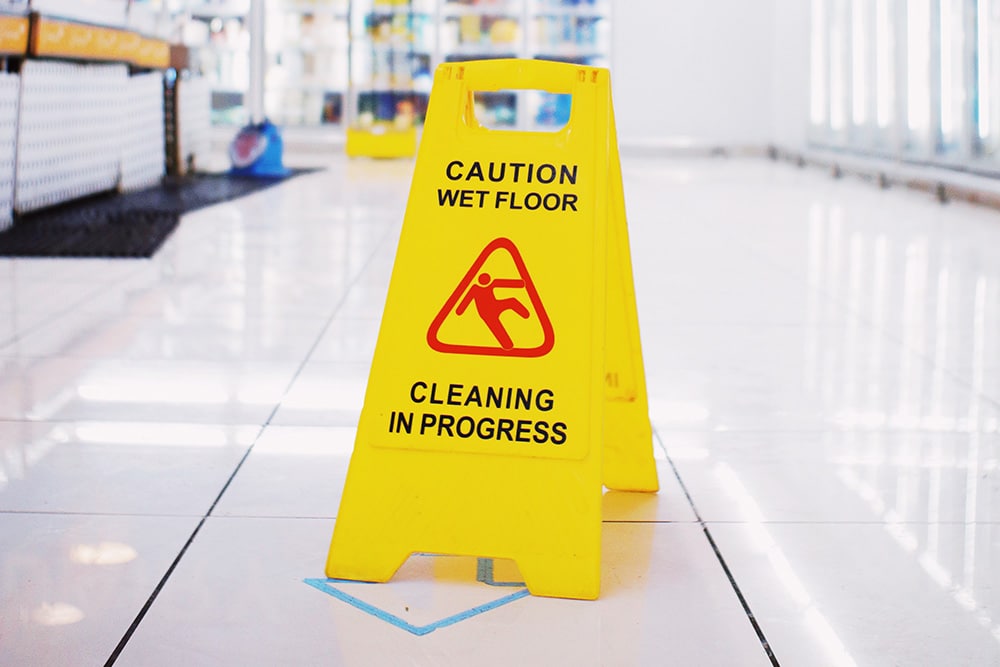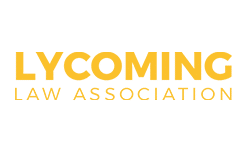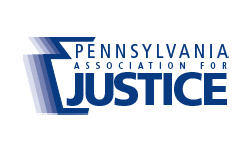
Most of us are so focused on completing our task at hand that we don’t take extra time to look for every potential hazard in our path. However, not doing so comes with some downsides, one of which includes the risk of slipping and falling and getting seriously hurt. You may be surprised to learn that determining who bears liability in a slip and fall accident is not always clear-cut.
According to the National Floor Safety Institute (NFSI), falls contribute to at least 8 million emergency room visits in the U.S. each year. This accounts for at least 21% of all hospital visits. At least 12% of those falls are attributable to slips and falls.
Considering how commonplace these types of falls are, our slip and fall attorney feels that it’s imperative to help you understand the inner workings of liability determinations when potentially debilitating incidents like these occur in Williamsport, PA.
Instances When a Property Owner May Be Responsible for a Slip and Fall
Generally, liability for an injury event such as this would rest on the owner’s shoulders if they knew about or should have known about a dangerous property situation and never took any steps to remedy it. Some examples of this include if a business owner did the following and someone got hurt:
- Knew there were leaking pipes in the public restroom, yet didn’t have them repaired
- Was aware that tiles in the lobby of their building were regularly left with soapy or waxy residue on them but failed to remedy the situation
- Didn’t put up a warning sign to notify grocery shoppers of puddling from a thawing freezer that could leave guests vulnerable to falling
- Failed to reasonably salt or shovel the sidewalk out front of their place of business, leaving customers and passersby vulnerable to falling
- Didn’t post warning signs of potential dangers on their property that could have put individuals at risk of getting hurt
As you can likely surmise from the examples given above, these are pretty clear-cut scenarios in which a property or business owner is likely liable for any slips or falls that occur. However, there are certain scenarios that we’ll discuss in the next section in which it may seem like it’s clear who bears responsibility for a slip and fall, but it’s not.
Factors That May Make an Injured Party Liable for a Slip and Fall
Negligent property owners may seek to deny liability for your slip and fall, accusing you of one of the following as a way of shifting blame for what happened off them and on to you:
- Your own reckless behaviors led to your harm: If you engaged in horseplay or other recklessness prior to your slip and fall.
- You deviated from standard protocol: If you deviated from following a specified path or strategy for navigating a particular environment and got hurt as a result.
- Being a trespasser: A prospective defendant may allege that you weren’t invited (lawfully there) to their property when you got hurt.
- You ignored posted warning signs: If there was a warning sign letting you know of a spill, puddling of water, or other potentially hazardous situation.
The rule of thumb here is that if your actions (or inactions) resulted in you suffering harm, a property owner or their insurer would undoubtedly try to greatly reduce their settlement offer or avoid paying you compensation altogether.
Determining Liability in Slip and Fall Accidents
When we mentioned above that proving fault or liability for these injury incidents isn’t particularly easy, what we meant by that is the circumstances under which an injury incident like this occurs matters.
As you saw referenced above, there are fairly straightforward situations of a property owner’s creation where their negligence is abundantly clear. However, individuals may engage in activities that may shift the blame to them.
In any personal injury case in Pennsylvania like this, it’s important to know two things:
- Elements you must establish to prove liability
- About the modified comparative fault doctrine our state subscribes to
A Plaintiff’s Obligation To Prove Liability in Slip and Fall Cases
Proving liability in cases like these can hinge on your ability as the plaintiff to show some of the following:
- A worker or the owner created the conditions under which you fell
- Workers or owners should have clearly known of the dangerous surface and repaired it as any reasonable person would have in a similar predicament
- The staff or ownership was aware of the dangerous surface yet didn’t make its guests aware of it or fix it within a reasonable amount of time to prevent potential injuries
The “reasonable” aspect mentioned in these elements can seem a bit intangible, which is why slip and fall victims will often have an attorney step in to assess their case to determine if they have a valid claim.
Understanding Pennsylvania’s Modified Comparative Fault Rule
In our state, victims must be 50% or less at fault for an incident that injures them to be eligible to recover any damages in their case. If you’re more than 51% or more at fault for what happened, then your ability to recover compensation (a settlement) to cover some of the following accident-related expenses wouldn’t exist:
- Medical bills
- Funeral or burial costs
- Lost wages
- Noneconomic losses like pain and suffering or loss of enjoyment of life
Steps To Take Following a Slip and Fall
If a slip and fall incident has left you with severe injuries, it’s best to notify the Williamsport, PA property or business owner of the accident so that they can create a report. If you’ve had the misfortune of suffering a traumatic brain injury (TBI) or some other injury that renders you unable to make an immediate report, then ask someone to make the notification for you or take care of it as soon as you can. As discussed in this previous blog we posted, TBIs often accompany falls in the workplace and elsewhere where they occur.
Next, you should seek initial medical treatment and follow through with the treatment plan provided by your doctor.
Experienced legal counsel can advise you as to the next best steps to take to preserve your rights in your case and hold any liable parties accountable for their actions to the fullest extent Pennsylvania law allows.






